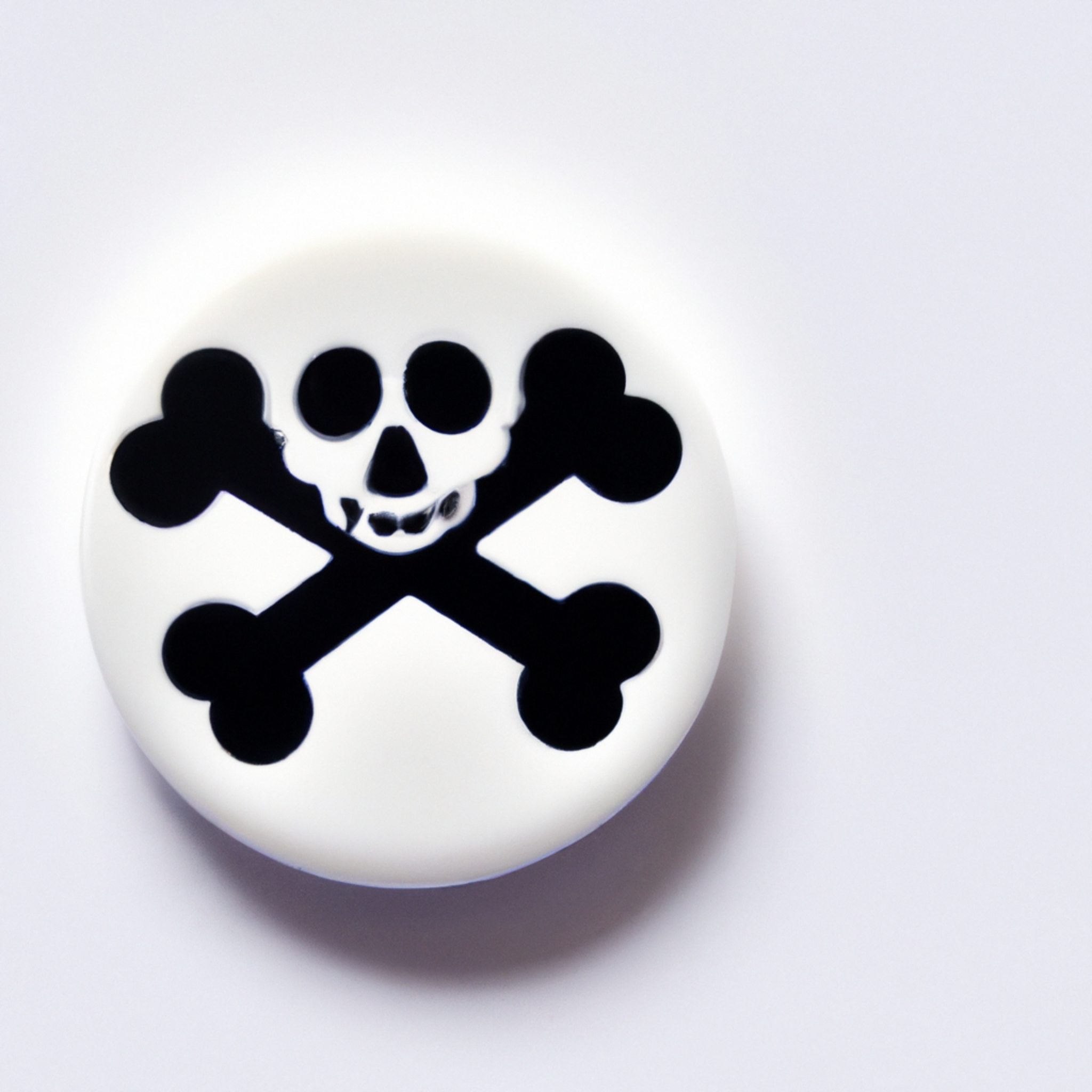Hyper-capitalism vs. The World

Rebecca Riddell has an opinion piece for the Washington Post (🔗 Via Lisa Sieverts) on the US trying to export privatized healthcare to nations that in some cases, at least, have pretty robust public healthcare systems in place. The example that she hones in on is Kenya, where the U.S. Agency for International Development (USAID) is trying to push "market-based approaches" to incentivize private actors in the healthcare space. In many case "privatization" becomes a euphemism for exploitation, just as "consumer choice" in healthcare is code for the patient pays the cost. While many countries around the world have capitalism as their economic model, it seem only the US has a sort of hyper-capitalism.
Hyper-capitalism holds that nothing is too sacred, personal or integral to life to be off-limits to a profit motive. For instance, even in most capitalist countries (wealthy and not-so wealthy), healthcare is provided for citizens as a right. In the US, that cannot be the case, because private actors are making too much money to give up on their ability to extract capital from the most basic of human conditions.
The United States famously spends more per capita on health care than any other country, even though the system performs far worse than that of many peer countries. Access is highly unequal, and sky-high prices push millions into poverty and discourage others from seeking care altogether. This heavily privatized system is indisputably excellent at one thing: generating profits. And powerful vested interests have blocked serious reforms for nearly a century.
Experience over the past year has cemented what reason and intuition had already led me to believe: for-profit healthcare dehumanizes people. I understand that the NHS in the UK is not perfect, and, in some cases, has ridiculously long waiting periods for care. I'm also under no illusion that Kenya has the best healthcare in the world. The care in those places, though, is setup to benefit the patient. Positive outcomes are when people get well, not when insurance companies make more money.
Treasure Hoard
Join the newsletter to receive posts in your inbox.



